
As someone who has observed and reflected on Ghana’s political sphere over the years, I’ve come to a realisation: our politics often revolves around two types of actors—those who excel at winning power and those who know how to use it effectively.
This disconnect has held us back as a nation, and it’s time we address it head-on.
Those Who Win Power
I’ve seen firsthand how some people are masters at winning political power. These strategists are skilled at mobilising support, often through grassroots campaigns that resonate with the masses or through powerful rhetoric that ignites passion.
An example is the impressive campaign machinery of the New Patriotic Party (NPP) in the 2016 elections, which leveraged technology, media, and grassroots mobilisation to secure a resounding victory for President Nana Akufo-Addo.
They command influence, their charisma drawing people to their vision. They know how to build alliances to navigate the electoral landscape with precision.
But here’s the problem: while they are experts at securing power, many of them lack the administrative skills or long-term vision needed to translate that power into meaningful governance.
For instance, after winning power, the inability to deliver on key promises, such as the “One District, One Factory” initiative, shows how the execution of policies often lags behind campaign rhetoric.
Those Who Use Power Effectively
On the other side of the equation are the visionaries and technocrats who know about governance and institution-building. These are the individuals I admire—the ones who roll up their sleeves and work to address the pressing challenges of our nation.
One example is Kwame Nkrumah’s administration, which, despite its flaws, focused heavily on institution-building and infrastructure development. His vision for industrialisation led to projects like the Akosombo Dam and Tema Industrial Complex, which laid the foundation for harnessing Ghana’s economic potential.
They are strategic policymakers, crafting solutions for unemployment, infrastructure deficits, and economic instability. They are skilled administrators, ensuring systems function efficiently for the benefit of the people. I call them consensus builders. They have a unique ability to unite diverse groups to achieve shared goals.
But here’s the sad reality: these individuals are often sidelined. Political dynamics in Ghana prioritise loyalty over competence. Unfortunately, this has left our nation stuck in a cycle of mediocrity.
The Culture of Entitlement
One of the most troubling aspects of our political landscape is the entitlement that has taken root. I’ve encountered many individuals who believe their role in securing political victories automatically qualifies them for positions of influence—even when they lack the skills to deliver results.
For example, during the Fourth Republic, several appointments across administrations have been criticised for rewarding political loyalty rather than competence. A glaring case is the nepotism accusations against the NDC and NPP governments, where close relatives or allies were given significant roles, regardless of their qualifications.
This entitlement often overshadows the broader national interest. Instead of appointing people based on merit, appointments are made to reward loyalty. The consequences are devastating. Mediocrity and inefficiency dominate, progress stalled, and our nation’s potential remains unrealised.
I remember a conversation I had with a friend about this. We discussed how some individuals in past administrations were placed in key positions they were wholly unprepared for. The results were predictable—policies were poorly implemented, projects stagnated, and the public lost faith in governance.
The Urgent Need for Co-Existence
For Ghana to thrive, we need to bridge the gap between those who win power and those who know how to use it effectively. These two groups must work together in a way that fosters:
- Inclusive Leadership: Combining political tact with administrative excellence.
- Accountability and Efficiency: Preventing power misuse while driving progress.
- Unified Vision: Aligning political strategies with national development goals.
This co-existence is not just desirable but essential if we are to move forward as a nation.
The Role of Power Brokers and Party Loyalists
In Ghana, power brokers and party loyalists wield significant influence. They are the engine behind electoral victories, shaping public opinion and maintaining party cohesion. However, their responsibility doesn’t end with elections.
If we want effective governance, these influential figures must step up and support leadership decisions that serve the nation’s best interests. For President John Dramani Mahama to lead effectively, power brokers and party loyalists must:
- Trust Leadership Decisions: Allow him the autonomy to appoint competent individuals to key positions.
- Prioritize National Interests: Advocate for merit-based appointments that bring expertise, innovation, and vision to governance.
- Unite Behind the Vision: Foster collaboration within the party and government to create an enabling environment for success.
A strong example of this collaborative potential was seen in the first term of the late President John Atta Mills, where a mix of technocrats and loyalists worked together on policies like the Single Spine Salary Structure, which, despite its challenges, aimed to address public sector pay disparities.
Competent Appointments: A Path to Progress
The success of any administration depends on the quality of its personnel. I strongly believe President Mahama must have the freedom to appoint individuals who:
- Possess Expertise: Professionals with the skills and experience to tackle Ghana’s challenges.
- Share His Vision: Leaders aligned with goals of national unity, economic stability, and sustainable development.
- Drive Innovation: Solutions-oriented thinkers capable of addressing complex issues with creativity and pragmatism.
With the right people in place, Ghana’s institutions will grow stronger, policies will be implemented effectively, and public trust in governance will deepen.
A Call to Action for Ghana
Ghana faces significant challenges, including economic instability, youth unemployment, and underdeveloped infrastructure. These problems require a united approach where power brokers, party loyalists, and the administration collaborate for the nation’s progress.
This is a pivotal moment in our history. Power brokers and party loyalists must prioritise long-term national success over short-term political gains. By granting Mahama the freedom to assemble a competent and visionary team, we can build on the foundation laid by President Nkrumah for sustainable development, social stability, and a prosperous future.
Let’s champion a leadership approach that values competence, inclusivity, and collective progress. Ghana’s future depends on aligning those who win power with those who use it effectively.
We cannot afford to let entitlement and mediocrity hold us back any longer. I call on all Ghanaians to prioritise expertise and national interest. Let’s pave the way for a brighter, more prosperous Ghana. It’s time to give Mahama the chance to set Ghana right.
Author: Africanus Annan II
Consultant: Leadership, Youth Development and Capacity-Building
Transform Africa Now
The post Winning Power vs. Using Power: My perspective on Ghana’s political landscape first appeared on 3News.
Read Full Story
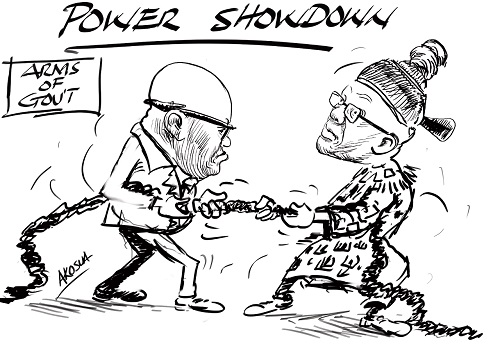
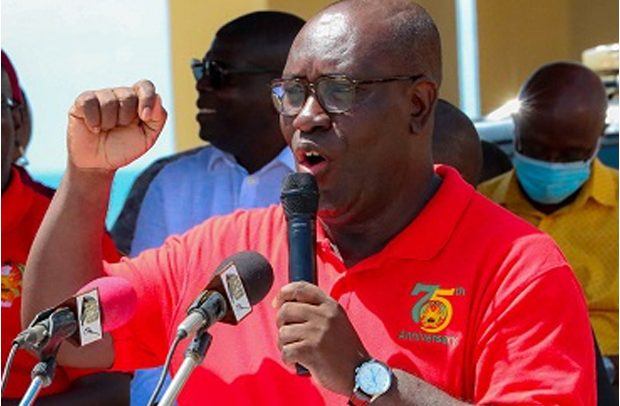
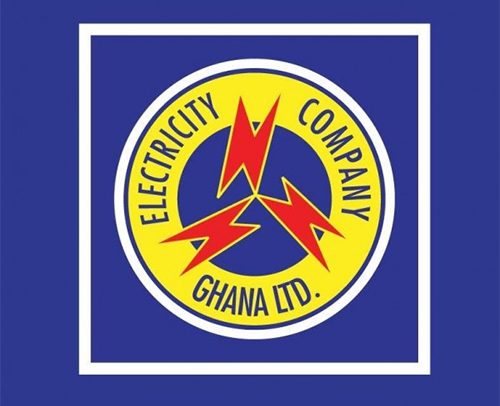
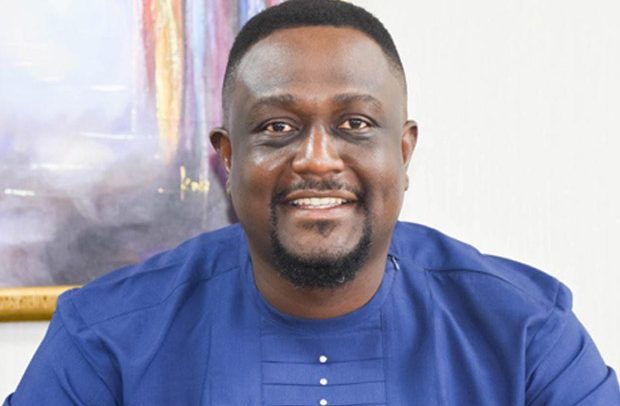
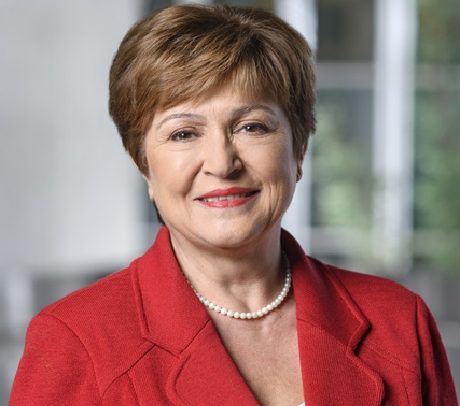




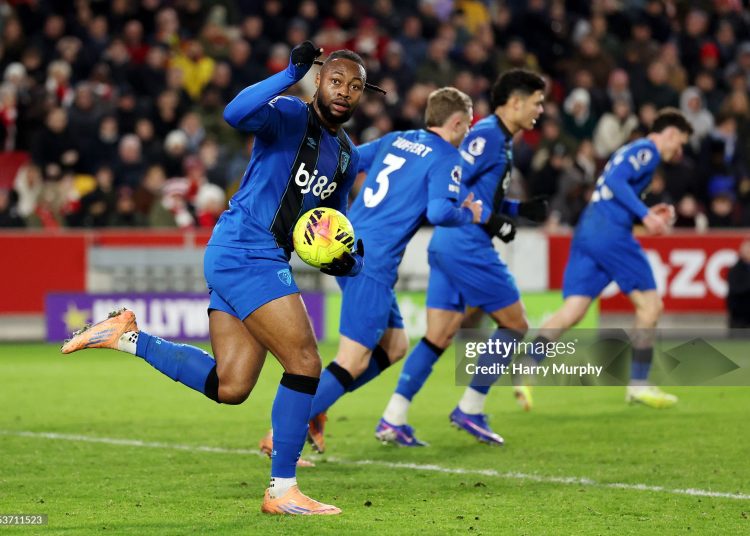





Facebook
Twitter
Pinterest
Instagram
Google+
YouTube
LinkedIn
RSS